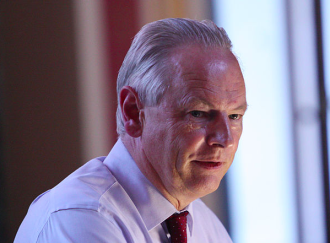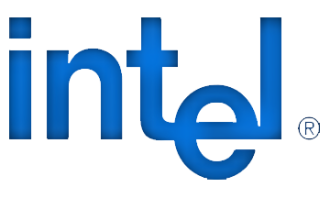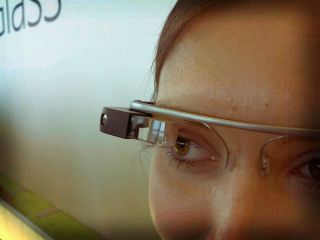 Francis Maude, minister for the Cabinet Office in matters of cyber security, said that the UK and Israel have established three collaboration ventures to get government funding for cyber security.
Francis Maude, minister for the Cabinet Office in matters of cyber security, said that the UK and Israel have established three collaboration ventures to get government funding for cyber security.
The governments will contribute £1.2 million of funding to create a bilateral cyber research programme, he said.
The Universities of Bristol and University College London will team up with Bar Ilan University, while the University of Kent will tie up with the Israeli Ministry of Science and Technology.
The groups will work on six topics including identity management; governance; privacy assirance; mobile and cloud security; human aspects of security; and cryptography.
Maude said he wants the UK to be one of the safest places to do business online. “Cyber security is a shared global threat and I’m pleased that we are deepening our research relationship.”
The UK is a founding member of a global network called D5 – founding members also include South Korea, Estonia, Israel and New Zealand.


















